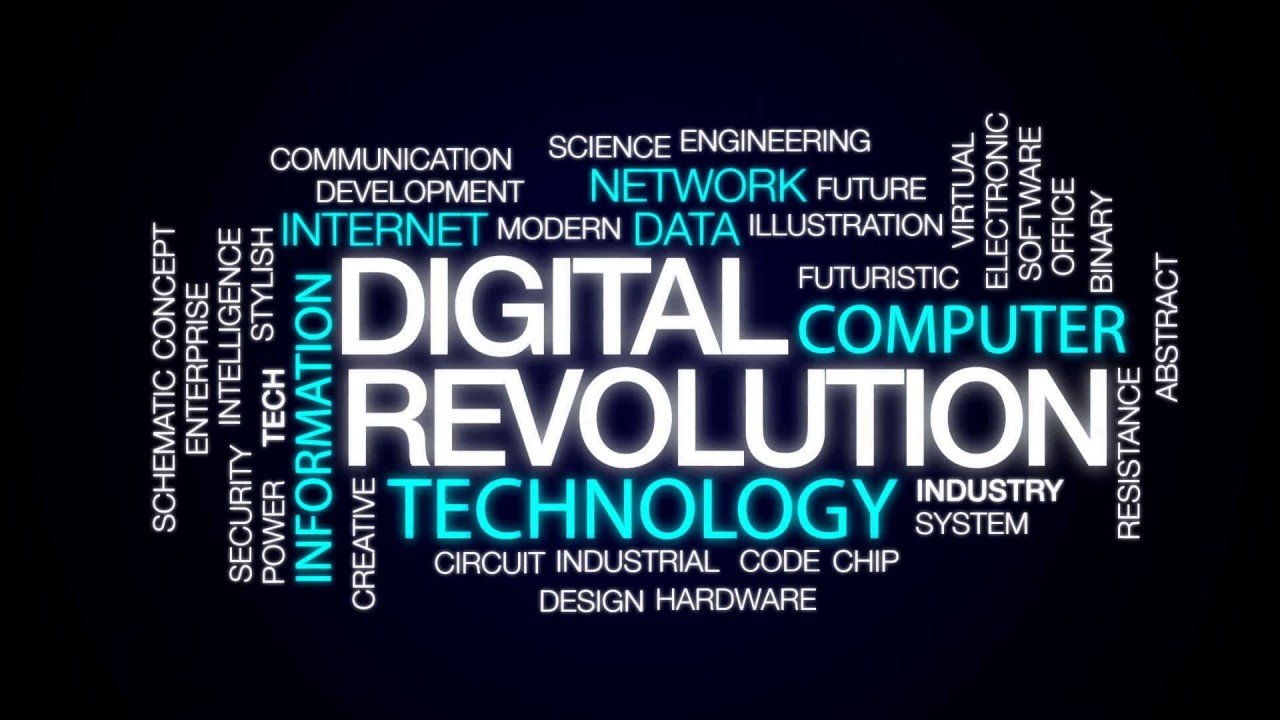Technology
The Digital Revolution: Reshaping Communication and Data Collection

In the era of digital transformation, businesses and researchers are constantly adapting to new technologies that reshape how we gather information, collaborate, and innovate. As we navigate this evolving landscape, it’s crucial to understand the tools and methods available for effective communication and data collection. Let’s explore some key aspects of this digital revolution and how they’re impacting our professional and personal lives.
Data Collection: Survey vs Questionnaire
When it comes to gathering information from a group of people, two terms often come up: surveys and questionnaires. While these terms are sometimes used interchangeably, there’s a subtle but important distinction between them.
While discussing survey vs questionnaire differences, it’s worth noting that a questionnaire is a specific set of questions designed to collect information from respondents. It’s a tool that can be used independently or as part of a larger research process. A survey, on the other hand, encompasses the entire process of collecting and analyzing data, which may include using a questionnaire as one of its components.
The choice between these methods depends on your research goals:
If you need a comprehensive understanding of a topic with in-depth analysis and interpretation, a survey might be more appropriate.
If you simply need to collect specific information without extensive analysis, a standalone questionnaire could suffice.
Both approaches have been revolutionized by digital platforms, making it easier than ever to create, distribute, and analyze responses. Online tools have expanded the reach of researchers and businesses, allowing them to gather data from diverse populations across the globe
.
Virtual Collaboration: The New Normal
One of the most significant developments in recent years has been the widespread adoption of virtual collaboration tools. Online meeting platforms have transformed how we work, learn, and socialize, breaking down geographical barriers and enabling real-time collaboration on a global scale.
These virtual meeting spaces offer several advantages:
Cost-effectiveness: Reduced travel expenses and resource requirements.
Flexibility: Participants can join from anywhere with an internet connection.
Improved productivity: Less time spent on commuting and logistics.
Easy recording and sharing: Sessions can be recorded for future reference or shared with absent team members.
However, virtual collaboration also presents unique challenges, such as maintaining engagement, dealing with technical issues, and recreating the spontaneity of in-person interactions. As technology advances, new features are emerging to address these challenges, from virtual whiteboards to AI-powered transcription services.
Explore the New Internet: The Next Frontier
As we delve deeper into the digital age, we’re witnessing the emergence of technologies that are reshaping how we interact online. You should explore the new internet, as the internet landscape is bringing exciting developments:
Virtual and Augmented Reality (VR/AR): These technologies are creating more immersive experiences for both professional and personal interactions.
Artificial Intelligence (AI): AI is being integrated into various tools for better data analysis, real-time translation, and automated task management.
Blockchain and Web3: These technologies promise a more decentralized internet, potentially changing how we manage online identities and conduct secure transactions.
5G and Edge Computing: Faster, more reliable internet connections are enabling smoother online experiences and real-time data processing.
Internet of Things (IoT): Connected devices are opening up new possibilities for data collection and remote control of our environment.
As these technologies mature, we can expect to see more innovative applications across various fields. For instance, IoT devices could automatically collect data for ongoing research, while VR could create immersive environments for more engaging group discussions or presentations.
Conclusion
The implications of these advancements extend beyond just business and research. They’re reshaping education, healthcare, entertainment, and even how we form and maintain personal relationships. As we continue to explore this new digital frontier, it’s crucial to remain adaptable and open to the possibilities it presents.
The digital revolution is continuously redefining how we communicate, collect data, and collaborate. By staying informed about these developments and understanding the nuances of different digital tools, we can make the most of the opportunities presented by this ever-changing landscape. The key is to embrace innovation while also being mindful of the challenges and ethical considerations that come with these new technologies.
-

 Tech1 year ago
Tech1 year agoHow to Use a Temporary Number for WhatsApp
-

 Business2 years ago
Business2 years agoSepatuindonesia.com | Best Online Store in Indonesia
-

 Social Media2 years ago
Social Media2 years agoThe Best Methods to Download TikTok Videos Using SnapTik
-

 Technology2 years ago
Technology2 years agoTop High Paying Affiliate Programs
-

 Tech12 months ago
Tech12 months agoUnderstanding thejavasea.me Leaks Aio-TLP: A Comprehensive Guide
-

 FOOD1 year ago
FOOD1 year agoHow to Identify Pure Desi Ghee? Ultimate Guidelines for Purchasing Authentic Ghee Online
-

 Instagram3 years ago
Instagram3 years agoFree Instagram Auto Follower Without Login
-

 Instagram3 years ago
Instagram3 years agoFree Instagram Follower Without Login





















